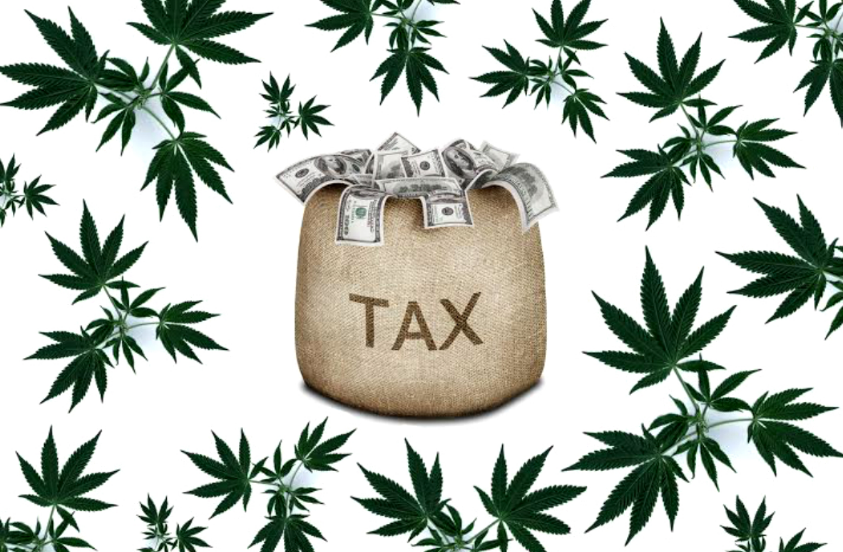New Jersey has reached a legalization deal
Thor Benson / CannabisNewsBox Contributor
New Jersey lawmakers have reached a deal to legalize cannabis. Gov. Phil Murphy and the legislature were debating how to tax cannabis and other details, and it looks like they’ve come to a compromise. It looks like New Jersey could be the next state to legalize social use cannabis.
Lawmakers decided cannabis will be taxed at $42 per ounce. They had previously debated taxing it at anywhere from 10 percent to 25 percent. A vote on the bill could happen before the month of February is over.
Morgan Fox, media relations director at the National Cannabis Industry Association, told Cannabis News Box that he thinks the $42 tax is too high and could slow growth in the industry.
“This seems excessive, especially in light of the already onerous federal tax burden cannabis businesses face under the 280E code,” Fox said. “It remains to be seen if this level of taxation will incentivize the illicit market in New Jersey.”
The 280E tax law Fox is referring to was passed in the 1980s and was meant to prevent drug dealers from writing off anything related to their drug business. Since states have started legalizing cannabis, it has been applied to cannabis businesses and has caused them to be taxed far more than companies in similar industries.
Though Fox thinks the tax is too high, he is pleased lawmakers have come to an agreement and are moving forward with legalization. Fox said this will benefit New Jersey’s economy and its criminal justice system.
“In general terms, the most immediate impact will be that adults will no longer be arrested for consuming a substance that is safer than alcohol,” Fox said. “While this won’t completely fix the arrest disparities for things like public consumption since this is a systemic problem not based on one policy or law, making sure that social consumption locations are allowed at some point will go a long way to addressing that issue.”
Fox said that economically, this will mean more people can start businesses without having to worry about their arrest record including a cannabis-related charge.
“In addition, we will see millions and millions of dollars being spent on the legal market rather than the criminal market, and benefit not just cannabis companies but all the ancillary businesses they work with, potentially revitalizing a number of other industries,” Fox said. “The tax revenue generated is likely to be significant as well.”








